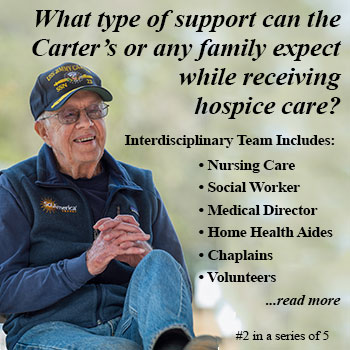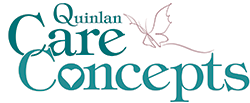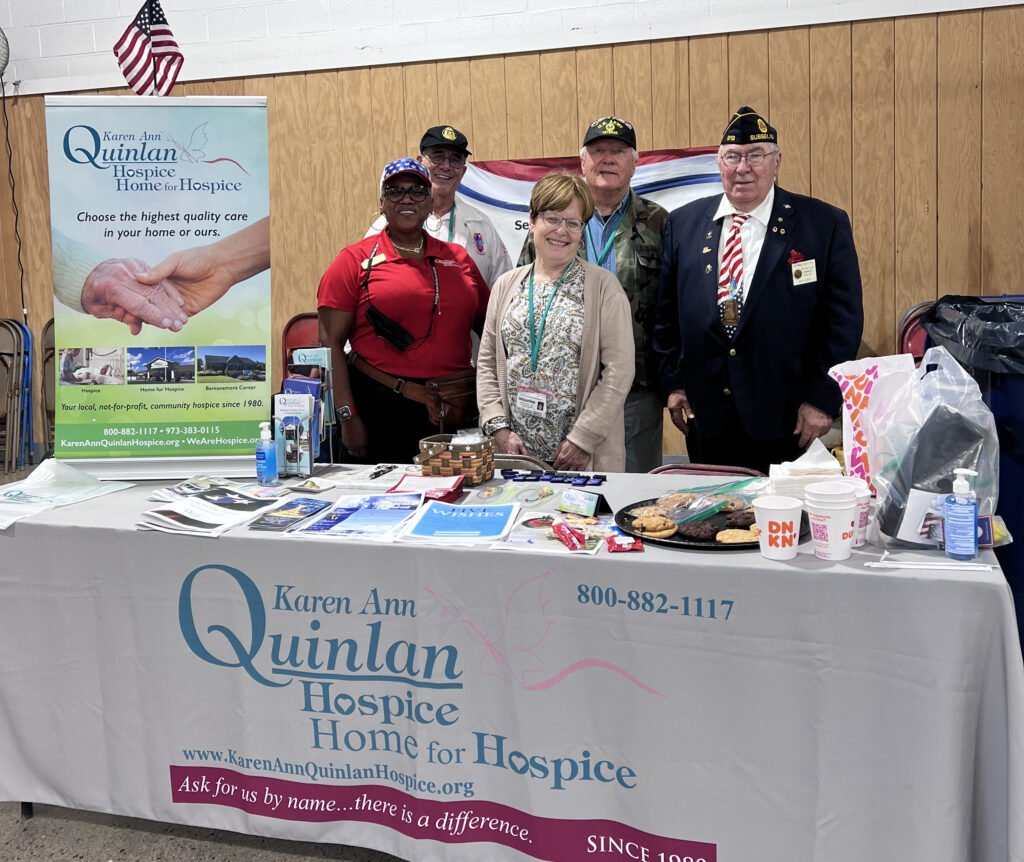More than a month ago the 39th president Jimmy Carter, 98, after a series of short hospital stays, decided to forgo further medical treatment and elected to “spend his remaining time at home with his family and receive hospice care instead of additional medical intervention,” the Carter Center announced in a statement posted on Twitter. “He has the full support of his family and his medical team.”
Hospice provides support and comfort for people who need end-of-life care. Opting for hospice care is one of the most compassionate decisions you will ever make. You can receive hospice care in your own home, a residential facility, such as the Karen Ann Quinlan Home for Hospice in Fredon, or in assisted living centers, nursing homes and hospitals. Some patients receive care in the homes of friends or family.
According to the Hospice Foundation of America, a third of all Americans choose hospice care when they are dying. But hospice isn’t only for the dying. Loved ones also benefit from hospice care, as workers will support them through some of the most difficult moments in life.
 | What services are provided? The interdisciplinary hospice team: • Manages the patient’s pain and other symptoms • Assists the patient and family members with the emotional, psychosocial, and spiritual aspects of dying • Provides medications and medical equipment • Instructs the family on how to care for the patient • Provides grief support and counseling • Makes short-term inpatient care available when pain or symptoms become too difficult to manage at home, or the caregiver needs respite time • Delivers special services like speech and physical therapy when needed • Provides grief support and counseling to surviving family and friends Source: NHPCO Facts and Figures | 2022 EDITION |
Here are some of the support services you can expect from Karen Ann Quinlan Hospice:
- Every patient who receives hospice treatment must be qualified by a physician. All care is directed by your primary physician.
- Nursing care and services are provided by or under the supervision of a registered nurse. At Karen Ann Quinlan Hospice our nursing staff is available to patients and families 24-hours a day.
- Medical Social Service is provided by a qualified social worker under the director of a physician.
- Our hospice Medical Director will oversee the general needs of the patient working in tandem with the attending physician which includes palliation and management of the terminal disease and related conditions.
- Home Health Aides provide personal care services. Aides’ services are provided under the general supervision of a registered nurse.
- Chaplain Services are available to provide/facilitate spiritual counseling.
- Volunteer services are available to assist the patient/caregiver in any one of a multitude of ways from providing comfort and respite to the family, an avenue of socialization for the patient; assistance with shopping, etc. All volunteers have completed a Karen Ann Quinlan Hospice training course.
- Bereavement Services are provided for 13 months following the patient’s death to family and significant others. Additionally, the Joseph T. Quinlan Bereavement Center holds bereavement and grief recovery support groups in all the communities served by Karen Ann Quinlan Hospice.
The staff at Karen Ann Quinlan Hospice is trained to offer peace of mind in addition to medical care. We hear it so many times, patients and families tell us: “We wish we’d called hospice sooner.” Patients and families can benefit most from hospice care when they seek support earlier rather than in a crisis. The best way to determine if you or your loved one could be helped by hospice is to call us at 800-882-1117. There is no cost and calling does not commit you or your loved one to hospice
What services are provided?
The interdisciplinary hospice team:
▌ Manages the patient’s pain and other symptoms
▌ Assists the patient and family members with the
emotional, psychosocial, and spiritual aspects of dying
▌ Provides medications and medical equipment
▌ Instructs the family on how to care for the patient
▌ Provides grief support and counseling
▌ Makes short-term inpatient care available when pain or
symptoms become too difficult to manage at home, or
the caregiver needs respite time
▌ Delivers special services like speech and physical therapy
when needed
▌ Provides grief support and counseling to surviving family
and friends


